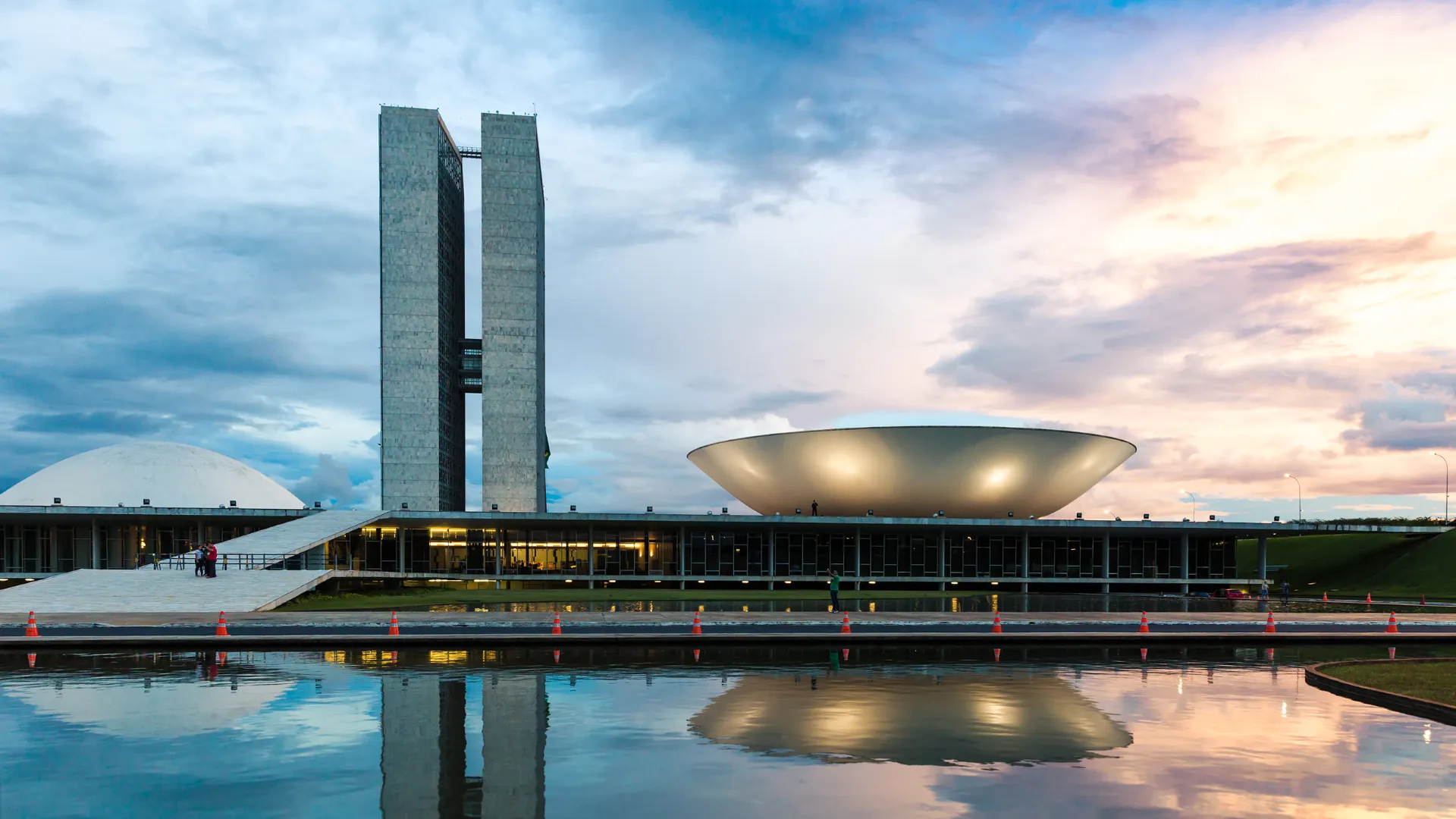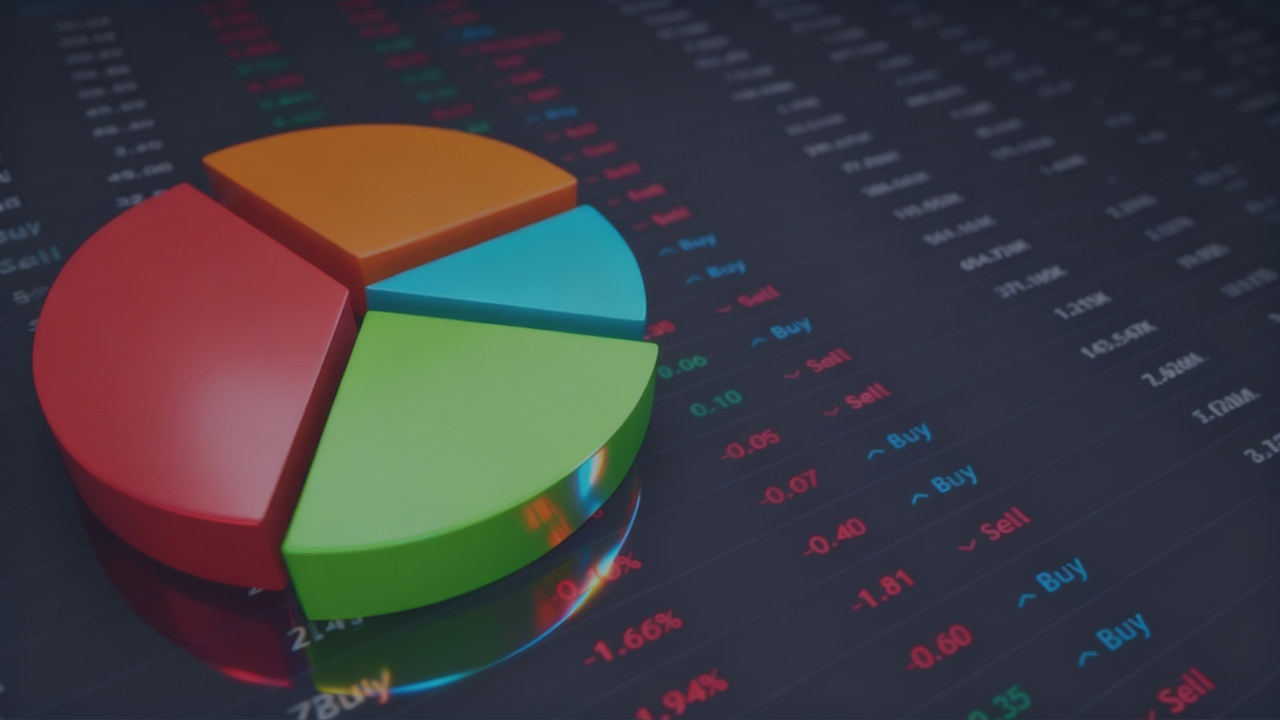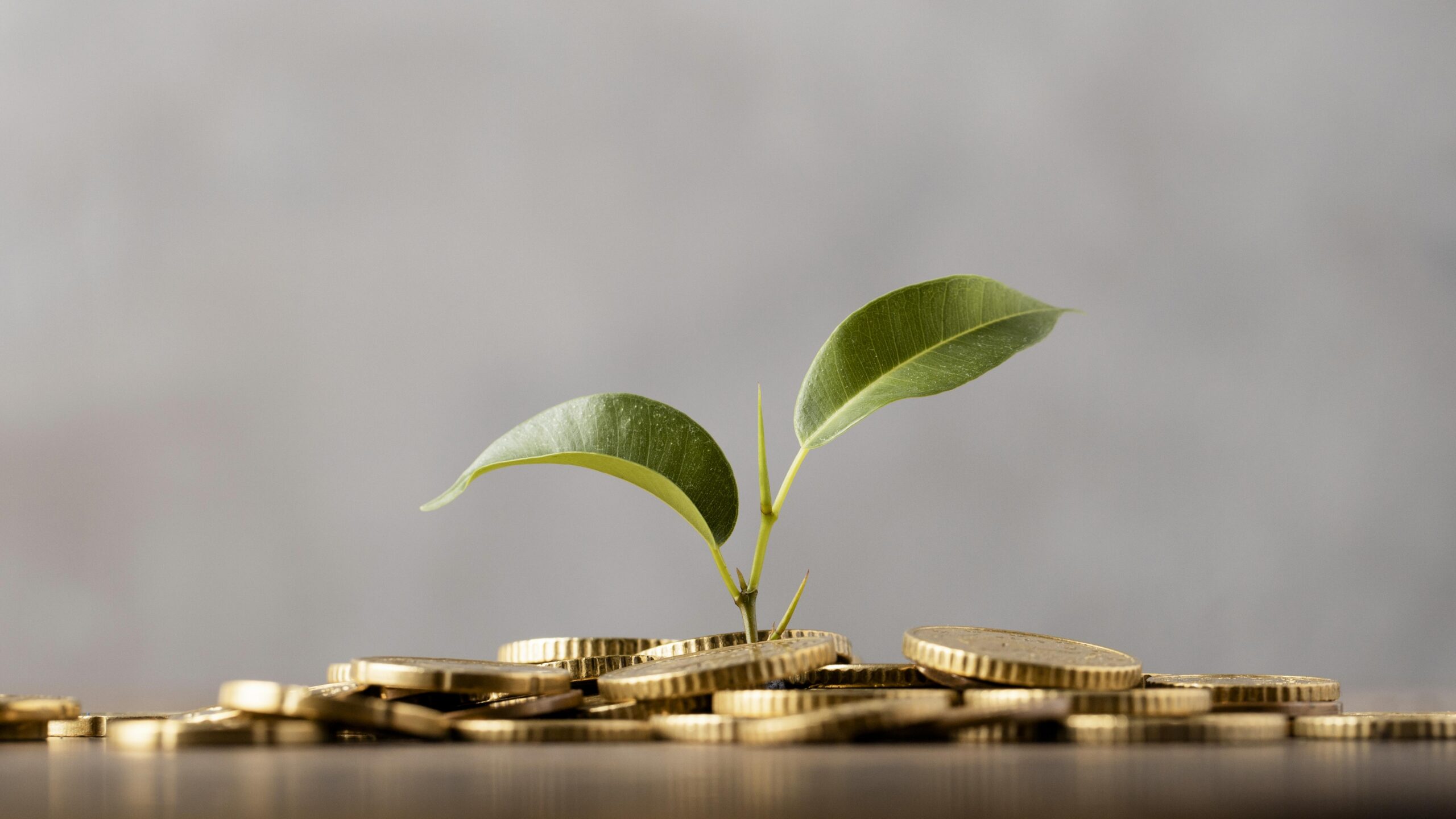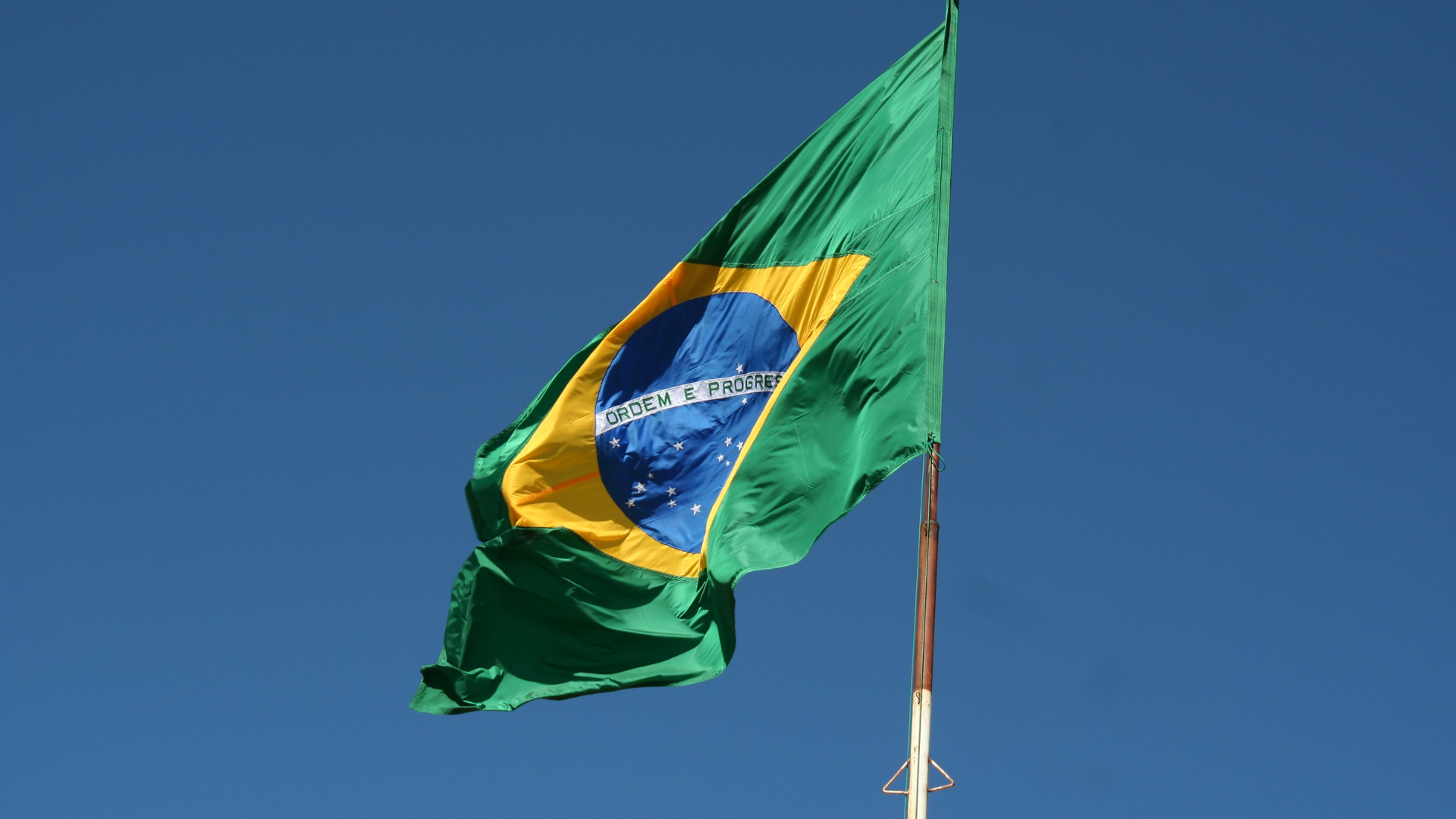What will Brazil be like with Lula?
Dear investors,
The dispute between Bolsonaro and Lula has left the country extremely polarized, with campaigns characterized by sensationalist rhetoric and few government proposals. Now that the heat of the moment has passed, what matters now is: with Lula elected, what will Brazil's future hold?
When evaluating a company, understanding its business model, market positioning, and track record are more critical than evaluating the CEO. Similarly, Brazil's future depends largely on its current position—the starting point for Lula's administration—and the scenario he will face throughout his term. Thus, we will focus more on the country that will be governed than on its future leader.
We will discuss how Brazil could be impacted by three major issues currently looming large in the global macroeconomic landscape: i) widespread inflation, a side effect of policies adopted during the pandemic that was amplified by rising commodity prices; ii) the geopolitical crisis caused by the Ukraine-Russia war; and iii) the energy crisis generated by embargoes created during the war and by the policy of decarbonizing energy matrices.
Global Inflation
The whole world is facing inflation problems right now because all countries have been hit by the pandemic, and most of them have adopted very similar policies. The main measures are well-known: lockdowns and emergency aid. Both contributed to the inflation that is being combated today.
The lockdown's contribution came through the disruption of production chains, which reduced the supply of several products and thus stimulated price increases. With the reopening and reorganization of economies, which began some time ago, this factor has largely been overcome and is no longer a central cause of inflation.
The second factor is more difficult to reverse. Emergency aid, adopting the Brazilian terminology to also refer to similar programs implemented by governments around the world, was largely financed through monetary expansion—that is, governments printing money—a movement that reduces the value of money and, therefore, causes widespread price increases (inflation). This effect is inevitable, as the creation of new money is not accompanied by the creation of real economic value. In a simplified example: if all governments in the world double the amount of currency in circulation, everything will cost twice as much, as there will be twice as much money to represent the same existing goods. Obviously, central bank maneuvers do not have the power to make the world richer.
In practice, by printing money and distributing it in the form of emergency aid, governments expropriated capital from all those who invested in assets not adjusted by price indexes (mainly fixed-income securities) and distributed it to the most economically vulnerable populations—quite rightly, in our view, since they were prohibited from working for their own sustenance during the lockdown. There's a subtlety to this arrangement: the loss of currency value isn't immediate. It comes through a wave of inflation that erodes the value of money over time. This is what the world is experiencing today.
High interest, the bitter medicine
To combat the problem of inflation, central banks around the world have resorted to the classic measure of raising interest rates. The logic behind this approach is that higher interest rates reduce economic activity, as they reduce the availability of credit for consumption or new investments. This reduces overall demand for products and services, and prices tend to fall.
The problem is that high interest rates are like a fever triggered by our immune system to fight a virus. They solve the problem, but only after keeping us bedridden for a few days. To control inflation, it will be necessary to maintain high interest rates for several more months, and during that period, economic growth is significantly impaired. This is where the risk of a global recession that has been talked about comes from.
Inflation and high interest rates are well-known issues in Brazil. Given the history of our economy, the Central Bank of Brazil has considerable experience dealing with inflation and was able to act quickly. It raised interest rates in Brazil about a year before central banks in developed countries were convinced that such a measure was truly necessary. It was also more vigorous in its action. While the Federal Reserve raised the US interest rate from 0.25% per year in March 2022 to the current 3.25%, Brazil's rate went from 2.00% in March 2021 to the current 13.75%.
Today, Brazil is, in market jargon, "ahead of the curve." Because we began combating inflation earlier and more vigorously, we are already much closer to having inflation under control than the United States and Europe. The market expects interest rate cuts to begin and inflation to converge to normal levels (around 5%) as early as 2023.
Even with inflation controlled earlier, Brazil will still suffer the impact of the global economic slowdown, but we have two mitigating factors for this negative effect. The first is that Brazil has a less globalized economy than the United States and Europe. Our foreign trade flow represented 39% of GDP in 2021, compared to a global average of 52% of GDP in 2020. This is not exactly positive, as Brazil could have grown more in the past if it had opened its markets more. However, in this time of global crisis, our economy is less exposed and should suffer less. The second mitigating factor has to do with the geopolitical crisis, which we will discuss below.
The new cold war
The war between Ukraine and Russia began in February 2022, eight months ago. The military conflict was confined to Ukraine, but the effects of the war reached far beyond its borders. The West adopted a strategy of not interfering militarily with NATO forces—which would have posed a considerable risk of a new world war—but sided with Ukraine, supplying weapons, financing its war costs, and imposing economic sanctions on Russia.
Russia responded to the sanctions by restricting the supply of commodities, especially oil and natural gas, to countries supporting Ukraine. The main impact of this action is the current energy crisis in Europe, which relied on Russian natural gas to maintain its heating and electricity production systems. We'll return to this topic shortly, but first, let's explore a broader geopolitical trend that the war has intensified.
Until a few years ago, the world was following a trend of economic globalization. Increasingly integrated supply and production chains were being created, pursuing David Ricardo's ideal of leveraging each country's cost advantages to achieve the greatest possible economic efficiency. This trend began to reverse with the trade tensions between China and the United States, then under President Donald Trump. Now, the war in Ukraine seems to have convinced the rest of the world that globalization has gone too far and it's time to take a step back.
The war made the risks of highly integrated economies even more concrete and visible to all. Angela Merkel's Germany decided to make its energy matrix highly dependent on Russia, which supplied approximately 55% of natural gas and 35% of oil imported by Germany. The decision was not economically irrational. Russia had good prices and sufficient capacity to continue supplying for a long time. However, it is now costing dearly to have ignored the political aspect involved: having a significant portion of their country's energy under the control of Vladimir Putin. Interestingly, this risk was highlighted by Donald Trump at a NATO conference in 2018. German politicians dismissed it as unjustified extremism on Trump's part and dismissed the issue.
There are other significant risks of the same kind that have not yet become problems. For example, Taiwan currently produces more than 90% of high-tech processors (<10 nm) worldwide and between 30 and 50% of processors in other categories. This largely explains the political tension between Taiwan and China, with the United States interfering to ensure Taiwan remains an independent territory.
Brazil in deglobalization
With the world more aware of the risks of dependence on other countries for the supply of commodities and critical products, we expect to see a movement toward decentralization of production chains and a reduction in trade relations with politically unaligned countries over the coming years. This movement is not simple and may take decades, but it is a trend that can have enormous economic impacts.
The logic behind decentralizing supply chains is well known in the business world. It's not recommended to be deeply dependent on a single supplier, as this significantly reduces your bargaining power and exposes the business to the risk of sudden price increases or supply disruptions.
Companies take this precaution even though they can establish long-term contracts and resort to court to enforce them. Countries don't have a global court to turn to to enforce agreements, so there should be additional concern about selecting partners with countries unlikely to become politically hostile, as Russia has become to the West.
In practical terms, the expectation is that part of the production chains currently dependent on China will be transferred to countries closer to and more politically aligned with the United States and Western Europe. This trend has been called friendly-shoring, analogous to the off-shoring policy that made China what it is today.
The current scenario presents a unique opportunity for Brazil, which has the sixth-largest population in the world, cheap labor, a vast territory, and abundant natural resources. Furthermore, it is close to the United States and Western Europe and closely aligned with Western policy. Therefore, we are strong candidates to receive part of the demand currently met by China, which could bring a wave of foreign investment and boost our economic development.
Energy crisis
Let's return to the topic of gas shortages in Europe. The story began with the plan to decarbonize the economy to combat global warming. This issue ended up mixing scientific and political agendas, but, in a very simplified way, the relationship between CO2 concentration in the atmosphere and the increase in the Earth's average temperature has been known for over a century. In fact, an article published in 1896 by Sven Arrhenius, winner of the Nobel Prize in Chemistry in 1903, estimated the relationship between increased CO2 concentration and increased atmospheric temperature with reasonable accuracy. Despite this, only in recent decades has a joint action by several countries been organized to address the problem, the main measure being to reduce the amount of CO2 emitted by economic activity.
In this context, reducing CO2 emissions from electricity production was one of the main planned measures. As a result, Europe has been decommissioning its coal- and oil-fired power plants and replacing them with natural gas-fired power plants, which emit approximately 50% less CO2 than coal and 40% less CO2 than oil for the same amount of electricity produced (emissions vary significantly depending on the efficiency of each power plant). Germany was one of the countries that made the most effort in this movement and, as a result, is suffering significantly from the cuts in Russian natural gas supplies.
Despite the issue with Russia, major Western economies should continue their decarbonization drive, with the goal of achieving carbon neutrality by 2050. The plan is quite bold and involves significantly reducing the use of fossil fuels. We won't discuss how likely this goal is to be achieved, but we will discuss why this decarbonization policy benefits Brazil.
Brazilian energy
Our country's electricity production matrix is quite different compared to the rest of the world. In 2021, 67.4% of global electricity was produced from fossil fuels. China produces one-third of global electricity, 65.9% from fossil fuels, of which 63.2% comes from coal. In contrast, only 20.3% of Brazilian electricity comes from fossil fuels, and only 3.7% from coal.
A primary advantage of Brazil's electricity matrix is its reduced exposure to fluctuations in fossil fuel prices. With 77.4% of our electricity coming from hydroelectric plants and renewable energy sources, we are more dependent on rainfall and other climatic factors.
Another advantage is that our energy is quite clean, especially compared to China. One kWh produced in China emits, on average, 541 grams of CO2, while one kWh produced in Brazil emits 142 grams of CO2, almost four times less. This is a key differentiator for attracting countries seeking carbon neutrality. Shifting demand for industrial activities with high electricity consumption from China to Brazil could reduce 74% of CO2 emitted by the supply chain.
This generation's opportunity
It's not every day that we see Brazil emerging from a macroeconomic crisis ahead of developed countries, in an extremely favorable position to reap the benefits of a trend toward migrating important production chains, and with an energy matrix that is now highly valued due to the global economy's decarbonization drive. It's an opportunity we shouldn't miss.
Our government doesn't need to do anything brilliant for the country to benefit. It would be enough to demonstrate to the world that it will be a serious and responsible government, one that seeks to facilitate business development in the country and is aware that financing populist measures with fiscal irresponsibility is a strategy that takes its toll down the road and undermines the country's positive economic prospects. In short, a government strategy focused on avoiding major mistakes, rather than attempting far-fetched projects, would be an excellent start.
The counterbalance to this hope is that Brazil has an unfortunate history of wasting good opportunities. Our population still lacks political maturity and formal education, which sometimes generates heated public debates around issues with little practical impact for the country, neglecting what could truly make a difference in our lives. In any case, the risk of wasting a good opportunity is always a better scenario than having no opportunity at all.
What to expect from Lula
Now that victory is assured, we hope Lula will reveal who will be nominated for Economy Minister and provide more transparency about his government plan. The biggest risk is that Lula will eliminate the spending cap and return to the economic intervention policies he advocated during his campaign. However, we believe that the makeup of the new National Congress and the alliances created to win the elections are significant constraints on policies in this direction. If they don't prevent them completely, they should at least postpone them and make them more manageable.
In fact, with a center-right National Congress and a left-wing president, negotiations tend to be slower and more contentious, hindering the Executive's actions in general. Therefore, it's to be expected that Lula will adopt a more centrist stance. That is, if he doesn't resort to the same strategy he used in the past to secure more "direct" legislative support.
On the positive side, Lula enjoys a strong international image, particularly among European countries. This favors the success of the diplomatic agenda needed to attract foreign investment and establish new international trade agreements. Lula is particularly well-positioned to leverage the narrative that Brazil has a clean economy, echoing his campaign slogans.
How our investments are
Despite the macroeconomic angle we adopt in this letter, our investment decisions always depend much more on analyses made on each particular investment thesis.
Even without this macro bias, we ended up investing predominantly in companies that depend more on the Brazilian domestic market than on the global economy. This is partly because these theses were simpler to analyze in the current scenario—which makes our estimates of future results more assertive—and partly because Brazilian exporting companies are, for the most part, commodity sellers. Despite the commodity price boom caused by geopolitical turmoil, the evolution of commodity prices in the coming years is unpredictable, and we understand that the risk of a downside is greater precisely when prices are above their historical average. Given the complicated external scenario, we believe it's advisable to continue with the portfolio that is more dependent on the domestic market.
Stock prices, as usual, were a determining factor in our investment decisions this year. The Brazilian stock market remained cheap throughout the year, and we took advantage of this positive period to gradually buy more shares of excellent companies at significantly discounted prices.





